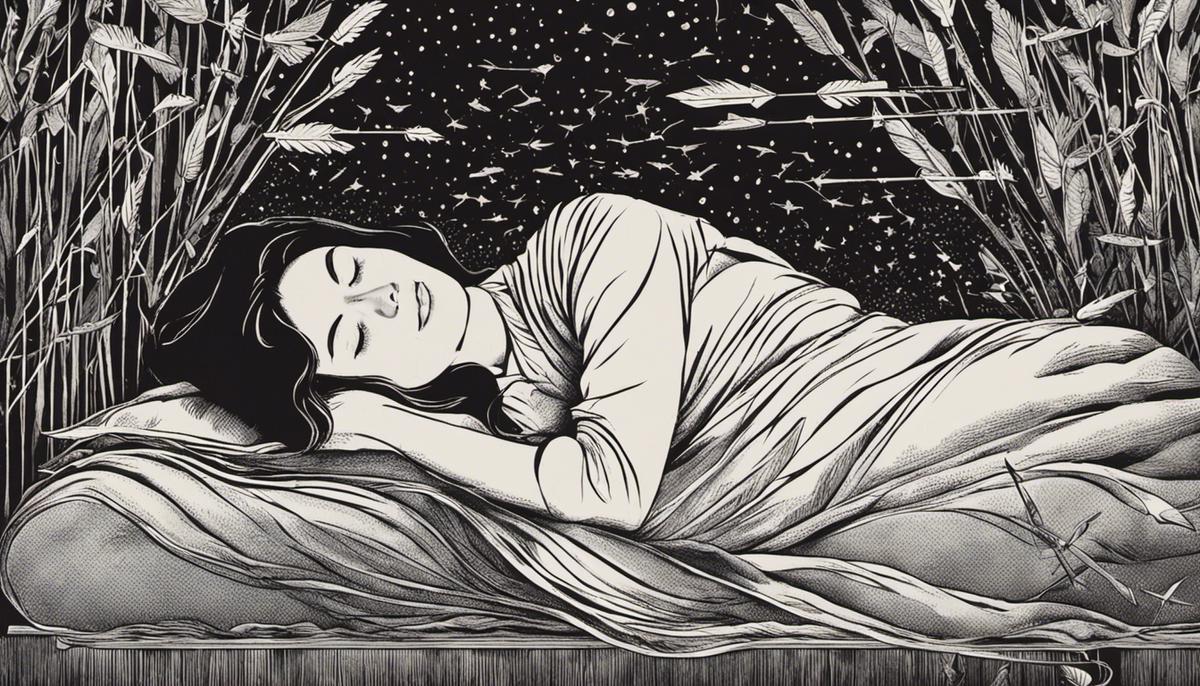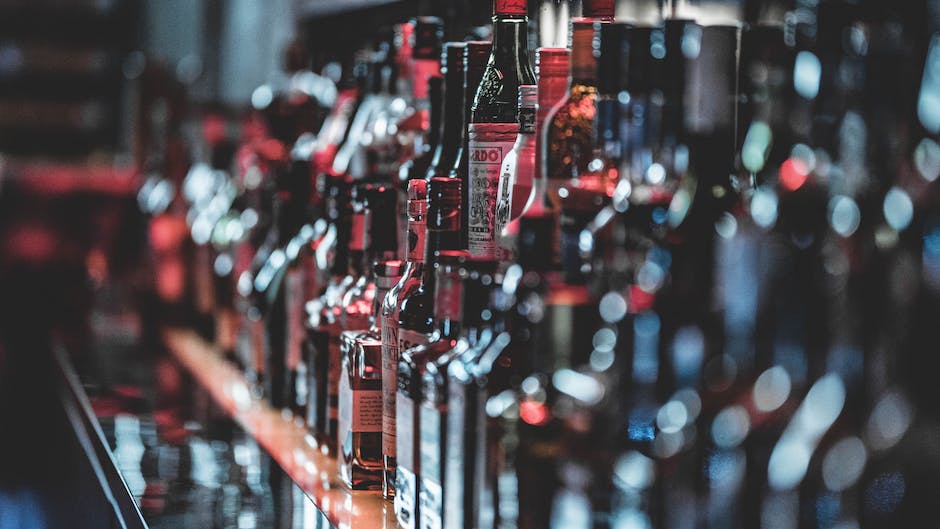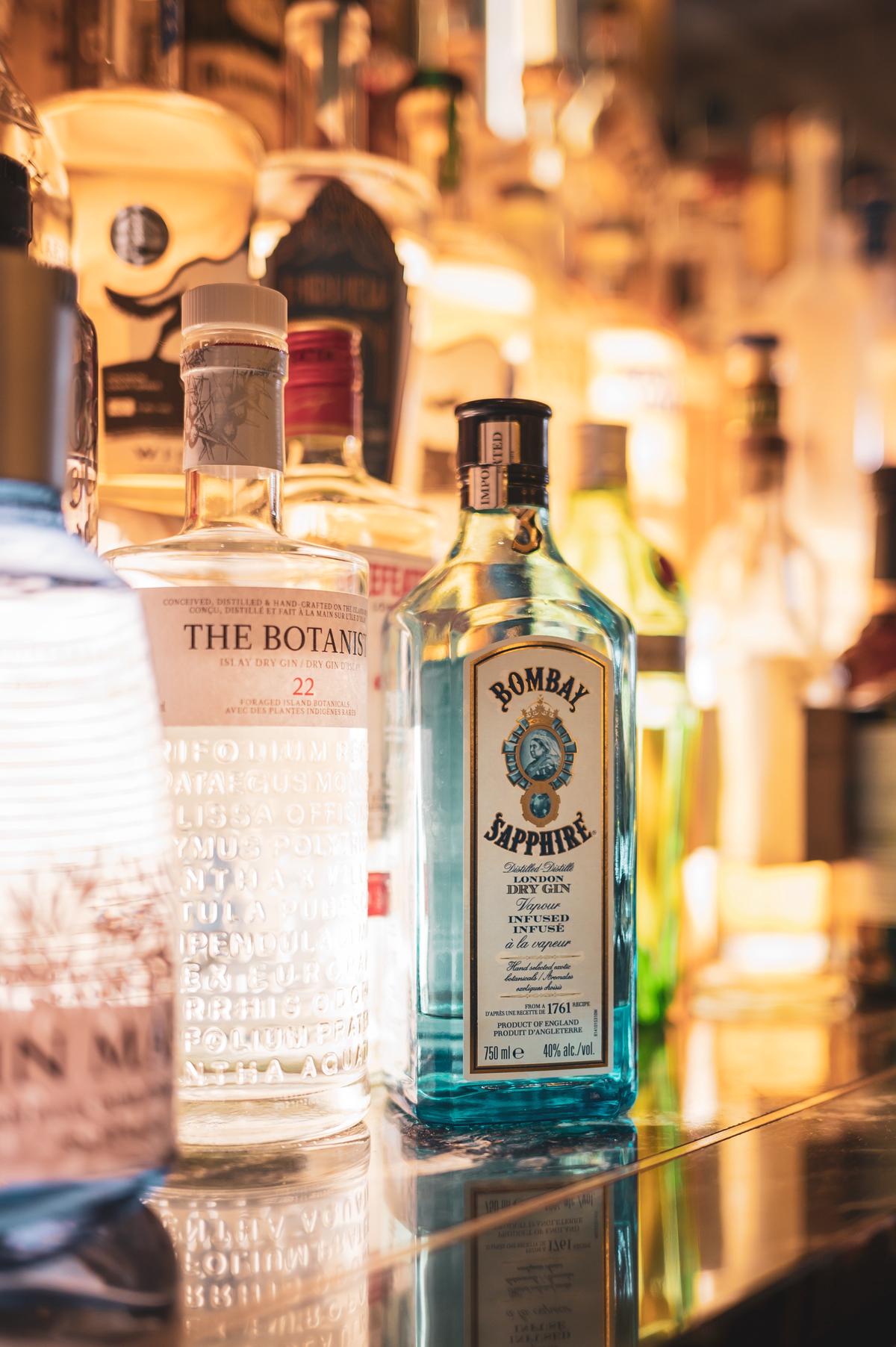Most people are aware that consuming alcohol can have a profound effect on their cognitive functions, but they may not realize that it can also influence the intricacies of the dream state and memory recall. Understanding the nature of alcohol’s impact on sleep, particularly on rapid eye movement (REM) sleep, is crucial since it is during this phase that the majority of our dreaming episodes take place. The amount of alcohol intake, whether low or high, and its timing relative to sleep, can wind up affecting our dream patterns and recall capacities in seemingly unpredictable ways. Furthermore, these effects are influenced by various factors, including the frequency of alcohol use and individual differences among consumers. As these interactions are explored, their potential repercussions on mental health and addiction will also be considered, especially the role of altered dream recall in emotional health, cognitive processes, and addiction.
Effects of Alcohol on Sleep Quality
Understanding the Effects of Alcohol on Sleep Patterns
Alcohol is a central nervous system depressant that alters sleep patterns. The ability to get quality sleep comprises various cyclic stages, including Rapid Eye Movement (REM) sleep, which is critical for memory consolidation and typically when dreams occur. Although alcohol can induce sleepiness and help individuals fall asleep quicker, it interferes with the sleep cycle, particularly the REM sleep stage. High levels of alcohol consumption reduce the initial REM latency period and are resiliently linked with fragmented sleep patterns.
Low Versus High Alcohol Consumption on Sleep
Low to moderate alcohol consumption can produce a sedative effect, promoting the onset of sleep and potentially increasing the depth of sleep during the initial sleep cycles. However, as the body metabolizes the alcohol and blood alcohol levels drop, this effect wanes, leading to potential arousal and difficulties returning to sleep.
High alcohol consumption impacts sleep quality and the sleep cycle more significantly. It can significantly suppress REM sleep during the first half of the night, resulting in a phenomenon called “REM rebound” during the second half of the night. During this ‘rebound,’ individuals may experience intense and vivid dreams. Furthermore, this can lead to fragmented sleep, as the individual will often wake after REM periods.
Alcohol and Dream Recall
Alcohol’s impact on the REM sleep stage plays a significant role in dream recall. The reduction in REM sleep during the first half of the night hinders the dreaming process. This impacts memory consolidation and can inhibit dream recall as the brain hasn’t had the opportunity to process experiences and encode them into memory. Therefore, if someone drinks heavily before bed, they might find it hard to remember dreams when they wake up because the alcohol has inhibited the brain’s ability to generate REM sleep.
However, during the second half of the night, when REM rebound occurs due to the body’s metabolism of alcohol, dreams can become more vivid and intense, sometimes leading to nightmares. This increase in dream intensity can sometimes improve dream recall, although the fragmented sleep may further negatively erode the ability to recollect specific dreams in detail.
It’s also important to note that chronic heavy drinking can lead to more permanent changes in sleep architecture, potentially causing long-lasting issues with sleep quality and dream recall, even after cessation of alcohol consumption.
Introduction
Although moderate amounts of alcohol may seem to invite you into a swift slumber, it’s important to note that both low and high levels of alcohol consumption lead to disruptions in one’s sleep cycle. Notably, this directly affects the REM sleep phase – a crucial stage for recalling dreams the next day.

Role of Alcohol in Dream Recall
The Drinking-Dreaming Interplay: An Active Area of Research
Alcohol’s impact on different phases of sleep, most notably on our dream memory retention, is a subject of avid investigation in the scientific community. Multiple studies have been carried out to better understand the exact relationship and the underlying factors at play when alcohol consumption interferes with our ability to remember dreams.
How Alcohol Affects Sleep Cycles
Alcohol consumption, especially in high quantities, disrupts the normal sleep cycle, leading to poorer quality sleep. Alcohol induces sleepiness initially and may even help people fall asleep more quickly, but it later disrupts sleep, making it more fragmented and less refreshing. This is primarily due to alcohol’s effect on REM (rapid eye movement) sleep, the stage of sleep where most dreaming occurs. The consumption of alcohol reduces the REM sleep phase and causes what’s known as REM rebound.
Alcohol and REM Rebound
REM rebound is a period where the body attempts to catch up on REM sleep that was lost or diminished earlier in the night due to alcohol consumption. This often happens in the second half of the night when the effects of alcohol start to wear off, leading to more intense REM sleep. It’s during this REM rebound that individuals may experience more vivid and intensive dreams. This principle is what fuels a part of the correlation between alcohol consumption and dream recall.
Understanding Dream Recall
Dream recall is the ability to remember dreams upon waking. Everyone dreams, but not everyone remembers their dreams. Factors that influence dream recall include length of REM sleep, intensity of dreams, and how close the dreaming occurs to the time of waking. The more intense the dream, and the closer it happens to waking, the more likely it is to be remembered.
Dream Intensity and Alcohol Consumption
During the REM rebound phase after alcohol consumption, the intensity of dreams may increase. This could potentially lead to an increase in dream recall, as more intense dreams are often more easily remembered. However, because alcohol disrupts the overall quality of sleep and may cause an individual to wake frequently throughout the night, it can also impair the ability to remember dreams overall.
The Inflation and Deflation of Dream Recall
While the intense dreams experienced during a REM rebound might be vivid and, hence, easier to remember immediately upon waking, the fact remains that alcohol can impair memory formation in general. This extends to the memory of dreams as well. Therefore, despite experiencing intensive dreams, the overall ability for dream recall may be reduced in individuals who consumed alcohol before sleep. Dream recall, in this context, is both inflated by the intensity of dreams during REM rebound and deflated by alcohol’s impairment of memory formation.
Individual Differences in Alcohol Consumption and Dream Recollection
How alcohol consumption affects dream recall significantly varies from person to person. Some people may find an increase in dream recall after drinking alcohol, whereas others may experience a decrease. Several factors can contribute to these differences including the amount of alcohol consumed, the dream recall capability of the individual, their sleep patterns, and their overall response to alcohol.

Variables Affecting Dream Recall After Alcohol Consumption
The Correlation Between Alcohol Intake and Dream Recall
There exists a noticeable linkage between the volume of alcohol consumed and one’s knack to recollect dreams. Simply put, the higher the consumption of alcohol, the greater its effect on dream recall. As a depressant, alcohol tends to slow down bodily functions leading to sleepiness. High consumption inhibits Rapid Eye Movement (REM) sleep, a stage crucial for most dream occurrences. A decrease in REM sleep is synonymous with fewer dreams and, as a result, decreased recall rates.
Timing of Alcohol Consumption and Sleep
The timing of alcohol consumption relative to sleep can also greatly impact dream recall. Drinking alcohol close to bedtime may initially induce sleep due to its sedative effects. However, as the body metabolizes the alcohol, it can disturb sleep patterns, including the REM stage. This disruption can reduce dream occurrence and subsequently, dream recall.
Frequency of Alcohol Use
Another crucial factor is the frequency of alcohol use. Regular heavy drinking can lead to long-term sleep disturbances and eventually impact dream recall. Alcohol may fragment the sleep architecture, disrupting both sleep continuity and timing of the different sleep stages, including REM sleep. Over time, these sleep alterations can lead to a decrease in dream recall.
Individual Differences Among Consumers
There are individual differences among alcohol consumers that may account for variations in dream recall. Factors such as a person’s age, gender, tolerance to alcohol, and overall health play a critical role. Some people may be more sensitive to the effects of alcohol, experiencing drastic reduction in REM sleep and significantly impaired dream recall even with moderate consumption.
Role of Alcohol in Dream Intensity and Recall
While alcohol could reduce dream recall by suppressing REM sleep, it might also indirectly increase dream intensity. The so-called “rebound effect” occurs as the alcohol in the system decreases, resulting in more vivid and intense dreams in the latter half of the night. These dreams can be so intense that they are more likely to be remembered upon waking.
Interplay Between Alcohol, Sleep Disorders, and Dream Recall
Alcohol consumption can do more than just reduce REM sleep; it can also exacerbate existing sleep disorders, such as insomnia or sleep apnea. Further disturbances to the sleep cycle can further disrupt dream recall, particularly if these disorders lead to frequent night awakenings.
Alcohol’s Impact on Memory and Dream Recall
Alcohol, being a significant disruptor of memory, can notably influence one’s capacity to remember dreams. Both short-term and long-term intake of alcohol impairs the essential process of memory formation, ultimately affecting the consolidation and recall of dreams. Particularly, chronic alcohol consumption may contribute to significant memory deficits, potentially leading to further difficulties in recalling dreams.

Implications for Mental Health and Addiction
Influence of Alcohol on Sleep Cycle and Dream Recall
Alcohol, a well-known central nervous system depressant, brings on sleep initially but can considerably interrupt the sleep cycle thereafter. It significantly affects the Rapid Eye Movement (REM) stage, where the majority of dreaming happens. Consuming large amounts of alcohol, especially just before sleep, prompts a period of intense non-REM sleep. This suppresses REM sleep early in the night, thus modifying the frequency and clarity of dreams. This consequently impacts the ability to recall dreams.
The Relationship Between Alcohol, Dreams, and Mental Health
Dreams play a significant role in both our emotional health and cognitive processes. They allow for emotional regulation and are believed to aid in the consolidation of memories. Hence, an alteration in dream patterns, such as those induced through alcohol consumption, could have a potential impact on mental health. Research has found a correlation between reduced REM sleep (and consequently less dreaming) and increased symptoms of anxiety and depression.
Conversely, alcohol consumption often is employed as a maladaptive coping mechanism in cases of mental health disorders such as anxiety and depression. This can result in a vicious cycle of worsening mental health symptoms and increased reliance on alcohol consumption.
Alcohol, Dream Recall and Addictive Behaviors
Altered dream recall after alcohol consumption intertwines with the themes of drinking habits and addiction. Heavy drinkers and alcoholics report vivid, often disturbing dreams and nightmares during periods of withdrawal. The wide range of negative emotions experienced during these dreams, including fear, anger, and guilt, are often associated with relapse and thus poses a risk for recovery and abstinence maintenance.
Fear conditioning is also linked to REM sleep. As REM sleep decreases with alcohol intake, the brain may have less opportunity to form fear-based memories. This could potentially increase risk-taking behaviors, including the consumption of larger amounts of alcohol, further aggravating addictive patterns.
Implications for Treatment and Therapy
Understanding the relationship between alcohol-induced altered dream recall, mental health and addiction can be crucial in treatment and therapy approaches. Heightening awareness of the impact of alcohol on sleep and dream patterns may motivate individuals struggling with addiction to seek and remain in treatment. Furthermore, therapies such as Cognitive Behavioral Therapy for Insomnia (CBT-I) could be beneficial in mitigating the effects of alcohol on sleep and dreams and improving the success rates of addiction treatment programs.
In conclusion, while further research is required to fully understand the complex relationships between alcohol consumption, dream recall, mental health, and addiction, current evidence suggests that these elements are intertwined and should be considered in the development of effective treatment strategies.

Understanding the effects of alcohol on the body is more than just understanding its impacts on motor skills and decision-making processes. The level, timing, frequency, and other factors related to alcohol consumption drastically impact our sleep quality, dream recall abilities, and, consequently, emotional health and cognitive functions. These interactions can provide profound insights into the susceptibilities towards developing unhealthy drinking habits or addiction. Additionally, they pave the way towards comprehending the various strategies our body and mind use to cope with alcohol-related disturbances, which, in turn, can provide essential insights into comprehensive harm-reduction strategies and more effective treatments for alcoholism.
